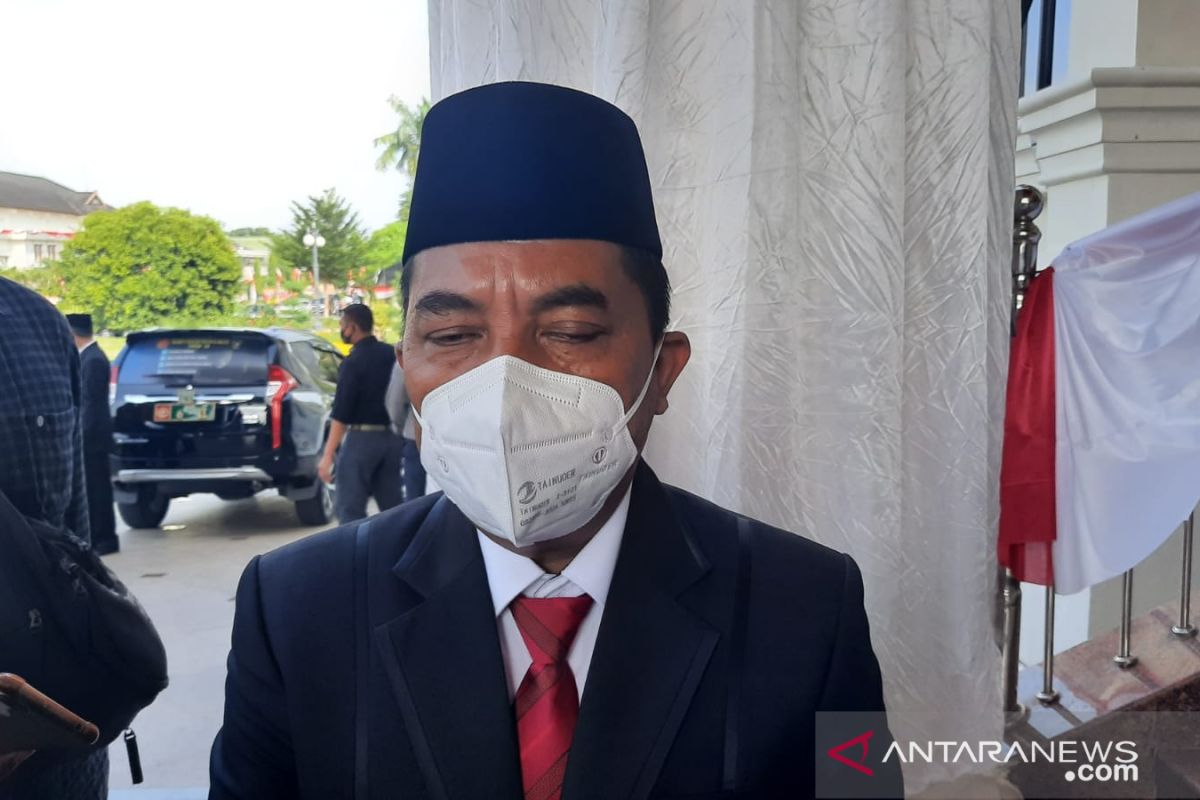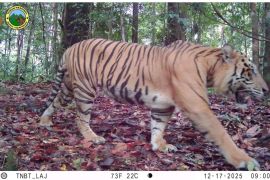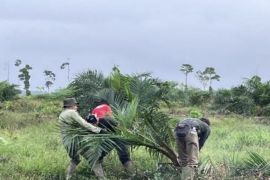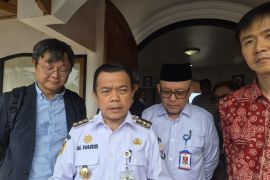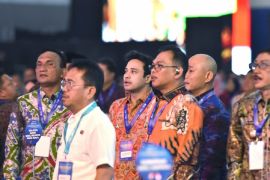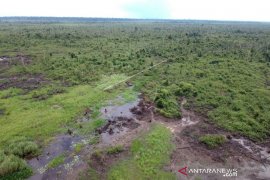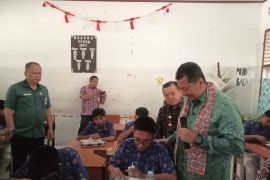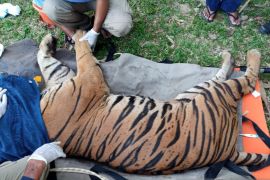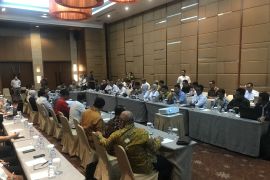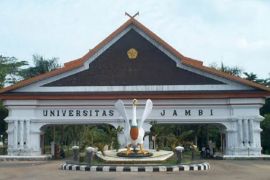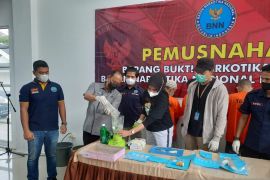"We will follow the Health Ministry's directive on the newly-standardized price ceiling for the RT-PCR tests," acting head of the Jambi Health Office, Reflizar, said on Tuesday.
President Joko Widodo had earlier requested that the ceiling for individually-requested PCR tests be set at between Rp450 thousand and Rp550 thousand.
He had also asked that the results of swab tests be issued within 24 hours of testing.
The government's price cap for individually-requested PCR tests was earlier set at Rp900 thousand.
Following the President's request, the Health Ministry issued Circular Letter No.HK.02.02/I/2845/2021 on the new RT-PCR test price ceiling on August 16, 2021.
The ministry's circular has capped the price for individually-requested RT-PCR tests at Rp495 thousand in Java and Bali and Rp525 thousand in regions outside the two islands.
According to Reflizar, Jambi residents can take PCR tests at one of seven health facilities -- Jambi Province's Health Laboratory (Labkesda), Food and Drug Monitoring Agency (BPOM), Raden Mattaher Hospital, Dokter Bratanata Hospital, and Bhayangkara Police Hospital as well as Jambi City and Tebo District's Health Laboratories.
In a press statement issued on August 4, 2021, Tomy Tampatty, union coordinator of United Garuda Indonesia, had said that many air passengers had complained about the mandatory PCR test requirement set by the government.
Related news: Kadin, INACA explore import of PCR test kits for aviation industry
Related news: President calls for price ceiling of PCR test at Rp550,000
Tampatty had asked the government to reconsider its decision to make PCR tests mandatory for air passengers in place of rapid antigen tests, arguing the step could affect airlines' occupancy.
ANTARA had earlier reported that the government had set the price cap for individually-requested PCR tests at Rp900 thousand, and rapid antigen tests at Rp250 thousand for the island of Java and Rp275 thousand for areas outside Java.
Coronavirus infections initially emerged in the Chinese city of Wuhan at the end of 2019, and then spread to various parts of the world, including to countries in the Asia-Pacific region.
The Indonesian government announced the country's first confirmed cases on March 2, 2020.
Since then, the central and regional governments have made persistent efforts to flatten the coronavirus curve by imposing healthcare protocols as well as social and travel restrictions.
Related news: Papua vows to enforce ministry-prescribed price cap on PCR tests
Related news: Papua awaits Health Ministry directive on swab test price cap
Translator: M.Hanapi, Rahmad Nasution
Editor: Fardah Assegaf
Copyright © ANTARA 2021
